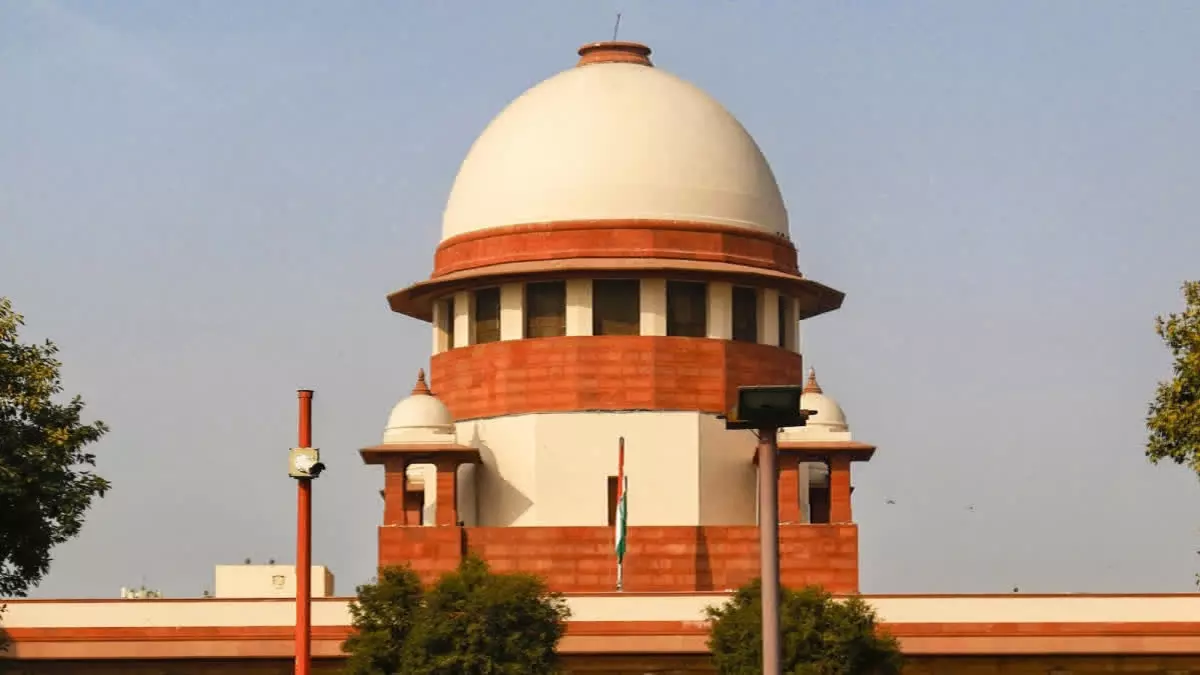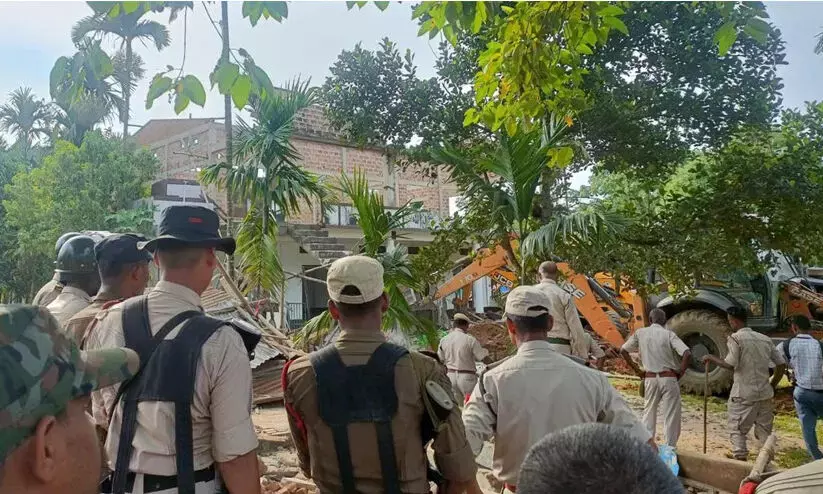
Plea in SC challenges UP’s QR code mandate for Kanwar route eateries
text_fieldsNew Delhi: The Supreme Court is scheduled to hear on July 15 a public interest litigation (PIL) challenging the Uttar Pradesh government's directive requiring eateries along the Kanwar Yatra route to display QR codes revealing the names and identities of their owners.
A Bench comprising Justices M.M. Sundresh and N. Kotiswar Singh will hear the petition filed by academician Apoorvanand Jha and others, who argue that the move amounts to discriminatory profiling and violates the fundamental right to privacy.
The plea refers to a press release issued by the Uttar Pradesh administration on June 25, which outlines new measures mandating QR code displays outside all food stalls, dhabas, and restaurants along the Kanwar route. According to the petitioners, the QR codes—while presented as a regulatory measure—reveal sensitive identity details of the owners, effectively achieving the same outcome as earlier directives previously stayed by the apex court.
The Supreme Court had, in a previous order, stayed similar mandates issued by the BJP-ruled states of Uttar Pradesh, Uttarakhand, and Madhya Pradesh that required food establishments along the Kanwar route to publicly display the names and personal details of owners and staff.
The petition further argues that directing stall owners to reveal their religious and caste identities under the guise of "lawful license requirements" infringes upon their constitutional rights, particularly the right to privacy.
The Kanwar Yatra, a major religious pilgrimage undertaken during the Hindu month of Shravan, sees lakhs of devotees collecting holy water from the Ganga to perform 'jalabhishek' on Shivlings. Many devotees refrain from eating meat, and some also avoid food containing onion and garlic during this time. This seasonal shift in food habits has previously led to heightened scrutiny of eateries along the pilgrimage route.
The petitioners claim that the latest directive is a continuation of attempts to profile and potentially target certain communities and their businesses under religious pretexts, despite earlier interventions by the Supreme Court.
With PTI inputs



















